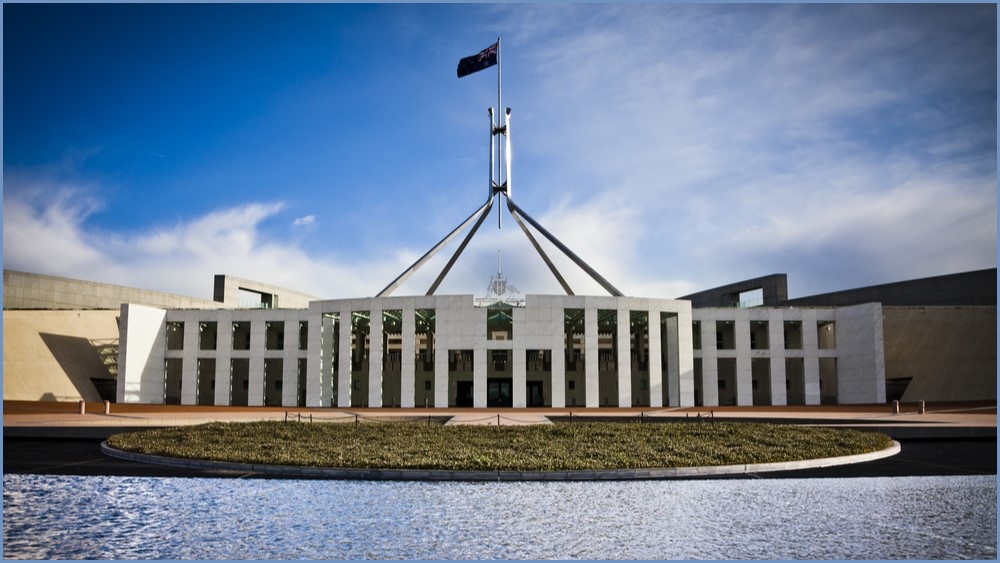Getting The NDIS Back On Track – No. 1 Bill (NDIS Amendment)

The Australian Government is committed to improving the National Disability Insurance Scheme (NDIS) for all stakeholders, including participants, their families, and caregivers.
In December 2023, the Prime Minister and state and territory administrations reached a consensus on an initial response to the Independent Review of the NDIS (NDIS review), laying the groundwork for legislative changes in the first half of 2024.
The National Disability Insurance Scheme Amendment (Getting the NDIS Back on Track No 1) Bill 2024 is aligned with the recommendations of the NDIS Review. This bill represents the first step in a series of forthcoming amendments to the National Disability Insurance Scheme Act 2013, with the goal of improving the participant experience.
This legislation establishes a framework for governments and the disability community to begin enhancing the scheme for NDIS participants.
Key reforms outlined in the bill include:
- Taking a comprehensive approach to addressing participant support needs.
- Improving service quality and safeguards.
- Revamping participant pathways onto the NDIS and striving for a cohesive support system for people with disabilities.
Many of these enhancements will not be implemented until a series of changes are made to NDIS Rules and legislative instruments outlining the operational specifics of the Scheme, which are developed in partnership with the states and territories.
The Bill at a Glance
This document provides a summary of the key changes in the Bill. It does not describe minor or technical changes.
The Bill is made up of two parts.
Part 1
Part 1 brings changes by:
a) Adding a new definition of ‘NDIS supports’ to give a constitutional basis for the type of supports that are appropriately funded by the NDIS and those that are not. The new definition refers to the United Nations Convention on the Rights of Persons with Disabilities (CRPD) as well as the social welfare constitutional power (s 51(xxiiiA)). This change also includes a power to make new NDIS rules to identify supports that are and are not appropriately funded by the NDIS for participants individually or as a group. This change will provide clarity and transparency for participants and prospective participants about what can be provided as supports under the Scheme.
b) Changing the NDIS Act to require the NDIA to make a specific decision and record about whether a person meets the disability requirements, the early intervention requirements, or both. Participants will be told what criteria they have met as part of their access decision. Recording which pathway someone enters under will allow an early intervention pathway to be developed so participants receive the supports and services that are most appropriate to them.
c) Revising NDIS rule-making powers about disability requirements and early intervention requirements. For early intervention, this rule-making power will allow new early intervention pathways for people with psychosocial disability and children (including access and planning for children younger than 9 years old). These rules will be Category A rules, meaning all states and territories need to agree with them before they are made.
d) Providing a clear process for reassessment of participant status.
This change allows:
1. the NDIA to seek up-to-date information about participants
2. participants to undergo an assessment or examination by a medical or other health professional of their choice, and
3. for the resulting report or assessment to be considered by the NDIA in making a decision whether the participant remains in the Scheme.
New NDIS rules will be needed to direct the NDIA’s decision making.
These will also be Category A rules.
e) Creating the concept of ‘New framework plans’, which will be plans developed to work with the new budget framework. New framework plans will include a flexible budget and/or budget for stated supports (including a total funding amount for each) and will be developed following a needs assessment.
f) Giving the Minister the ability to make legislative instruments to support the new budget framework planning process for the needs assessment, the methods for working out total funding amounts, and the transition
arrangements for participants to move from old framework plans to new framework plans.
g) Requiring the planning process, for both old and new framework plans, to link the funding participants receive to their impairments that meet the access requirements (disability, early intervention or both). This approach is already being applied administratively. These changes formalise the legal footing. This change is an important sustainability measure. As such, it is being applied to old framework plans so it can commence as soon as the Bill passes the Parliament and is signed off
by the Governor-General.
h) Providing new rule-making powers about new framework plans:
1. the statement of participant supports,
2. flexible funding, funding for stated supports, and
3. requirements for the NDIA in relation to working out a participant’s reasonable and necessary budget.
These rules are Category A rules.
i) Enabling old framework plans to specify a total funding amount and also a specified amount for individual supports or classes of support. Funding in a plan must only be spent on NDIS support for that participant. While the NDIA is currently including funding amounts in plans on an administrative basis, this change will provide a stronger legal footing and a control mechanism where participants overspend. This is an important sustainability measure which is why it is being applied to old framework plans so it can commence as soon as the Bill passes the Parliament and is signed off by the Governor-General.
j) Updating circumstances in which the NDIA will change the plan management arrangements for a participant, particularly in circumstances where:
1. the participant might be likely to suffer physical, mental or financial harm, or
2. where the requirement to spend money in accordance with the participant’s plan has not been met.
As this is a protective measure for participants as well as a sustainability measure, it will take effect as soon as the Bill passes the Parliament and is signed off by the Governor-General.
k) Exempting all instruments made under the National Disability Insurance Scheme Act 2013, including NDIS rules, from ending after 10 years.
Part 2
2. Part 2 contains changes to allow:
a) The NDIS Quality and Safeguards Commission to apply of conditions when approving quality auditors in relation to the employment of someone with a banning order against them; and
b) An expansion of the delegation powers of the NDIS Quality and Safeguards Commission with respect to certain compliance and enforcement powers.
Other Informational Links:
https://www.dss.gov.au/disability-and-carers-programs-services/ndis-reforms
https://www.nds.org.au/index.php/news/next-steps-in-the-ndis-amendment-bill
Our Support Services
About us
At Wisdom Care, we pride ourselves in helping you implement your NDIS plan: by providing tailored services, experienced support workers and connecting you to suitable Allied health professionals.



